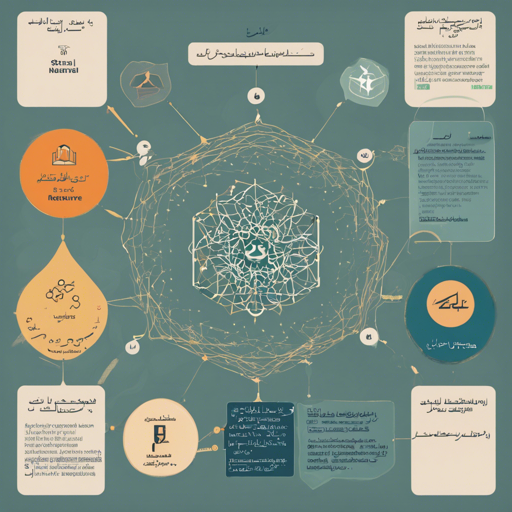If you’re diving into the world of Natural Language Processing (NLP) and need a powerful tool for analyzing Arabic text, look no further than Stanza. This robust library offers state-of-the-art models for syntactic analysis and entity recognition. In this guide, we will explore how to get started with Stanza, ensuring a smooth journey into Arabic language processing.
Getting Started with Stanza
The first step in utilizing Stanza for Arabic text analysis is to install the library and download the Arabic model. Below are the detailed steps you need to follow:
- Step 1: Install Stanza using pip:
pip install stanzaimport stanza
stanza.download('ar')nlp = stanza.Pipeline('ar')Using the Stanza Pipeline
Once the pipeline is initialized, you can start analyzing Arabic text. The basic workflow can be likened to a well-orchestrated team working together to achieve a goal. Here’s how it breaks down:
- Text Input: Imagine a musician bringing a unique composition to the team. You will provide the Arabic text for analysis.
- Analysis: The Stanza pipeline acts as your orchestra, processing the text and producing various outputs such as tokenization, part-of-speech tagging, and dependency parsing.
- Output: Finally, the conductor presents the finely-tuned music, which in this case, are the analytical results generated by Stanza.
Troubleshooting Common Issues
While using Stanza, you may encounter some challenges. Here are a few troubleshooting tips to keep in mind:
- Model Not Downloading: Ensure you have a stable internet connection, as the models need to be downloaded from the repository. You can also try downloading again by running the
stanza.download('ar')command. - Import Error: If you encounter an import error, confirm that Stanza is correctly installed. You can reinstall it using the pip command provided earlier.
- Unexpected Output: Check the text you are inputting for any typos or formatting issues that could affect the analysis.
For more insights, updates, or to collaborate on AI development projects, stay connected with fxis.ai.
Conclusion
By following these steps, you can effectively harness the power of the Stanza model for Arabic language processing. Whether for academic, professional, or personal projects, mastering this tool will enhance your capabilities in natural language understanding.
At fxis.ai, we believe that such advancements are crucial for the future of AI, as they enable more comprehensive and effective solutions. Our team is continually exploring new methodologies to push the envelope in artificial intelligence, ensuring that our clients benefit from the latest technological innovations.

